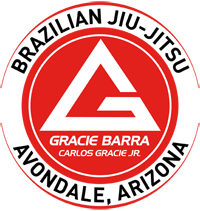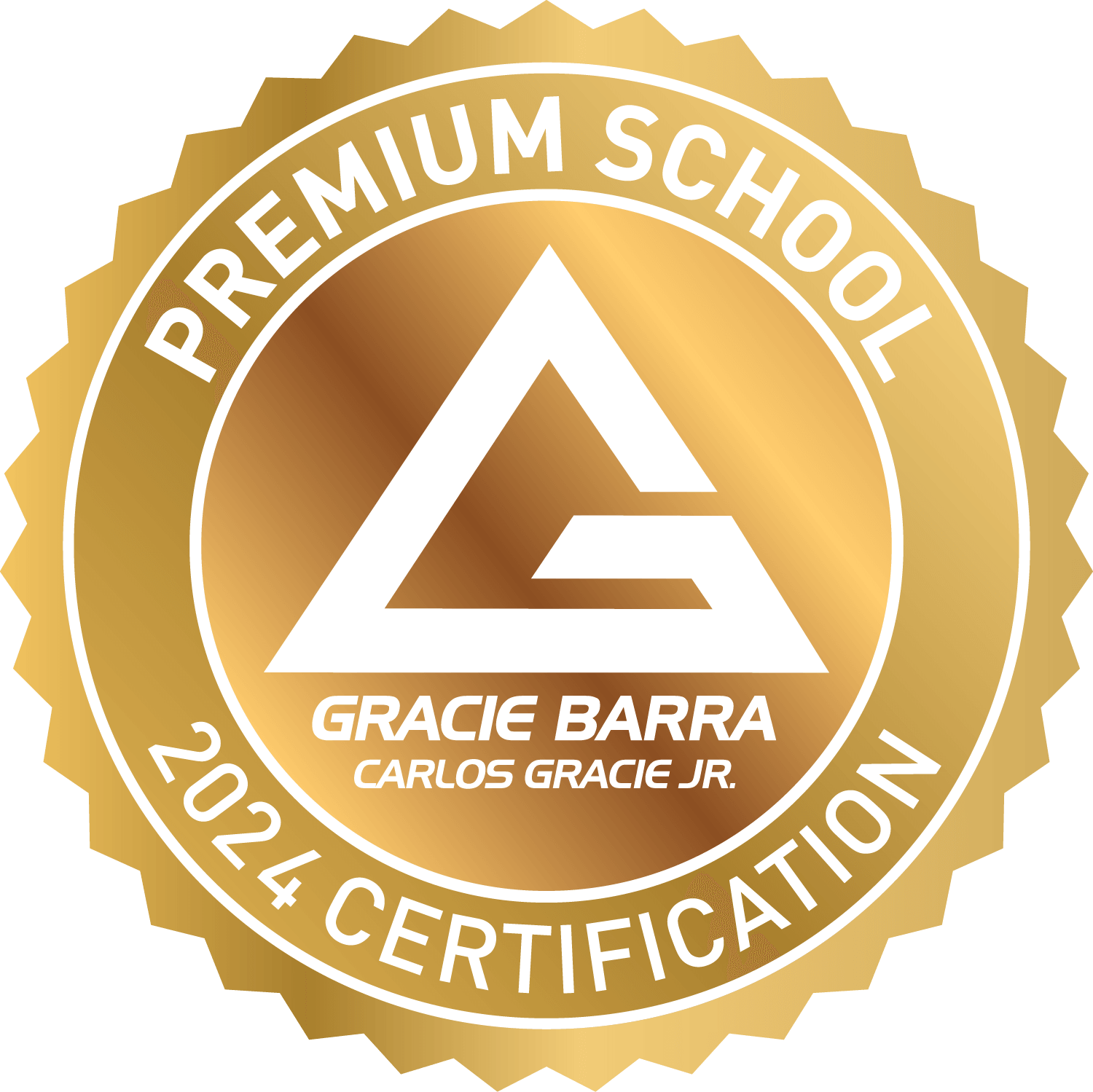Jiu-Jitsu Is Never Ending Learning

I have been asked by students “Once you are a black belt, is it necessary to continue to try to learn about Jiu-Jitsu?” The underlying assumption behind this question is: Don’t you know everything about Jiu-Jitsu by the time you graduate to your black belt?
No!
I am currently renewing my Gracie Barra instructor’s certification course ICP which features short video interviews with many Gracie Barra professors from all over the globe. One of the common themes expressed by black belt professors with over 20 years experience in Jiu-Jitsu is how they feel a strong need to continue to study Jiu-Jitsu.
What can they possibly mean by this?
There are a few angles to look at this sentiment.
1) Jiu-Jitsu is in a constant state of evolution
Especially when we are talking about the sport Jiu-Jitsu competition where new guards with exotic names are being unveiled at each major competition event of the year. At the highest levels, it is an arms race. Jiu-Jitsu teams get their top competitors together and brainstorm and develop new variations on positions and strategies to surprise their opponents.
The black belt who wants to be the best instructor, must keep current on all of the new developments in order to provide their students with all of the tools they need to be successful. Jiu-Jitsu that we know of today has some new positions (ex. berimbolo, reverse De la Riva guard) that were virtually unknown 5 years ago.
What will the art look like in 5 years from today?
2) The depth of the basics
Talk to any black belt and they will sincerely express their love of the basic techniques of Jiu-Jitsu. An armlock from the mount is a basic move and everyone knows it right? Not correct!
There is an enormous depth to the techniques of Jiu-Jitsu. Advanced belts can be astounded at the additional details that a top level black belt can explain on positions they have been already using for years. The details on the strongest grip, the timing of execution, “move your hip a little to the side”, “break the opponent’s balance before trying to sweep”etc.
As a new black belt, I had a private lesson with a 4th degree master and I asked to go over basic techniques that I had as part of my game for over 15 years. It was a very humbling experience to discover that my understanding of “basic” techniques such as cross collar choke from guard were not as complete as I had previously thought.
The next time you attend a seminar with a top level instructor, ask them for tips on your best technique and you will be astonished at how deep Jiu-Jitsu is.
3) Different games
I had the pleasure of attending a Romulo Barral seminar a few years ago as a brown belt. Romulo is famous for his dangerous spider guard and spent the seminar explaining the basic grips he used and then a tree of possibilities of sweeps and attacks from his favourite position.
What impressed me – above and beyond the specific techniques – that he had a system setup around the grips and basic position:
– He knew his best options for sweeps and attacks
– He knew what to expect in his opponents defensive reactions
– He knew his combinations between the key techniques
– He understood how one move connected to and combined with the next
The depth to which he understood the nuances and complexity of the position was a real eye opener to me. When I saw the depth of knowledge and experience that he had about that one position, I more clearly understood how deep one could learn different games. It is not only how many moves you know, but on a deeper level, how do you use them and combine them effectively?
How deeply do you know the positions in your own “A Game”?
This reveals some of the bottomless depth of the art of Jiu-Jitsu and why it is never ending learning.

